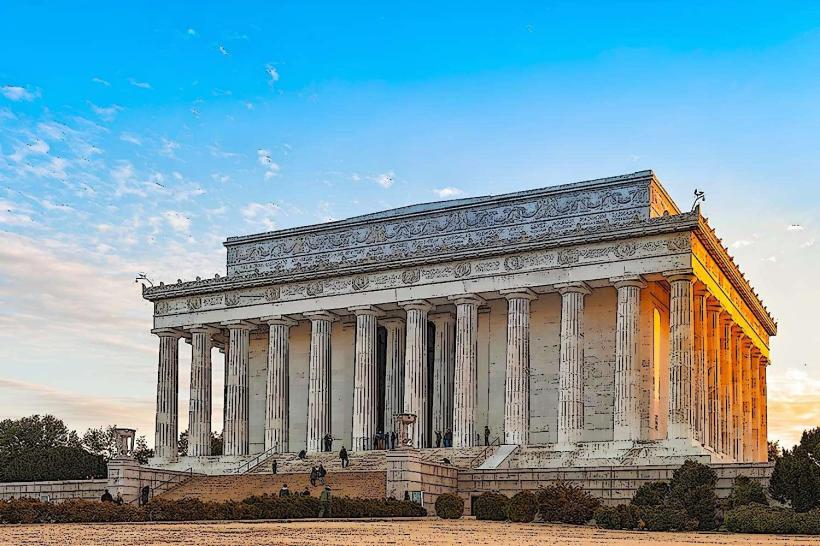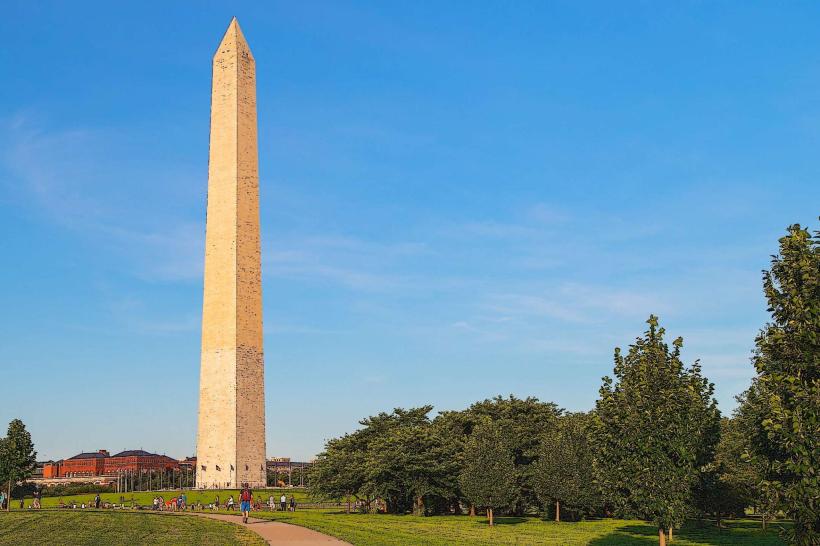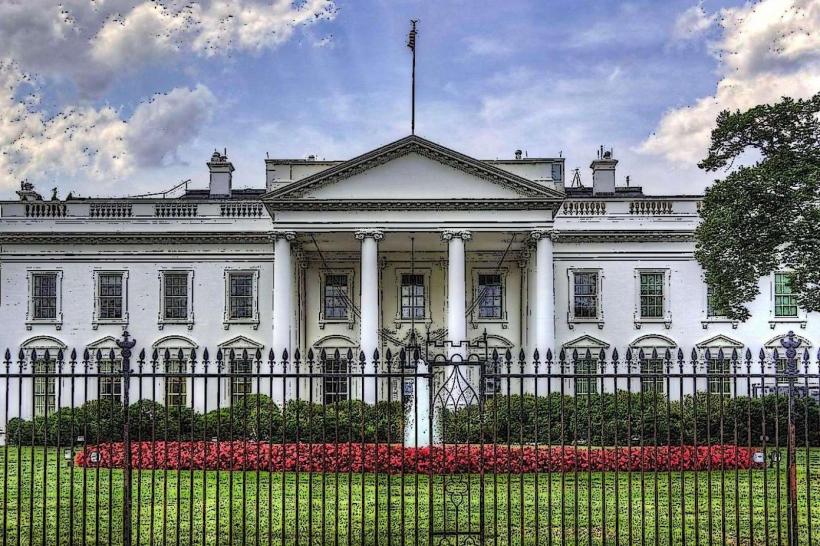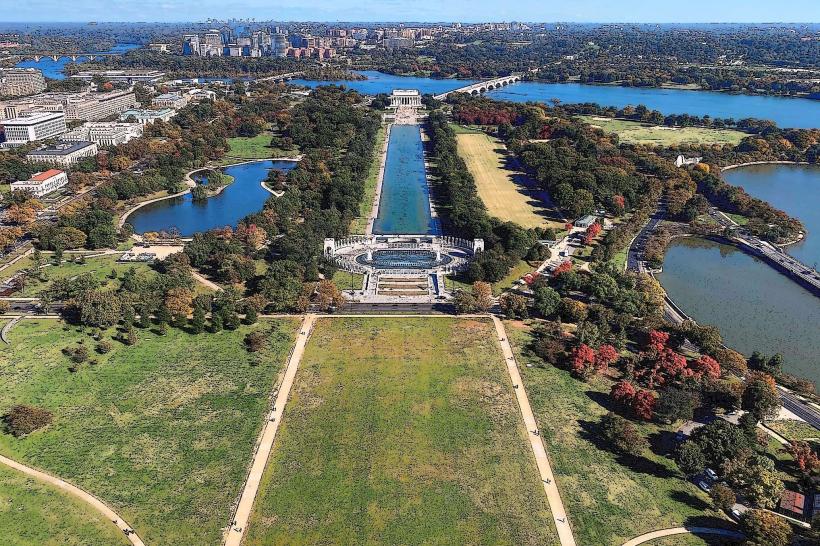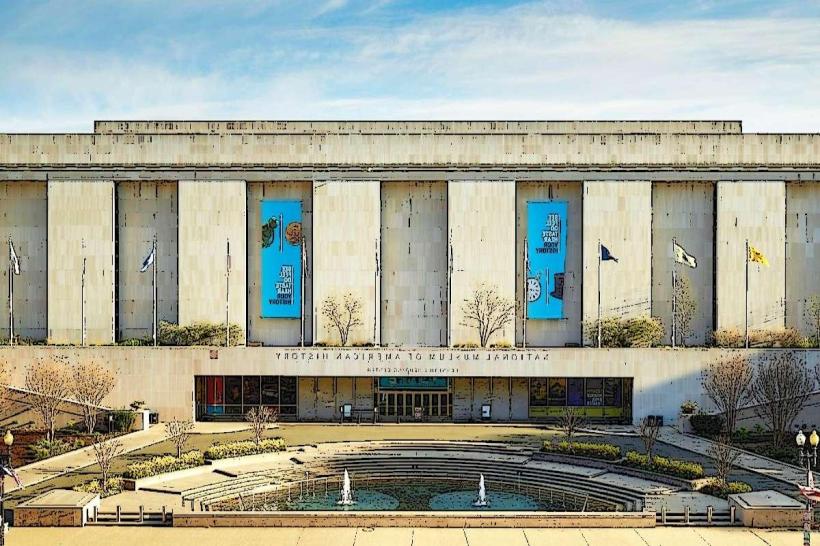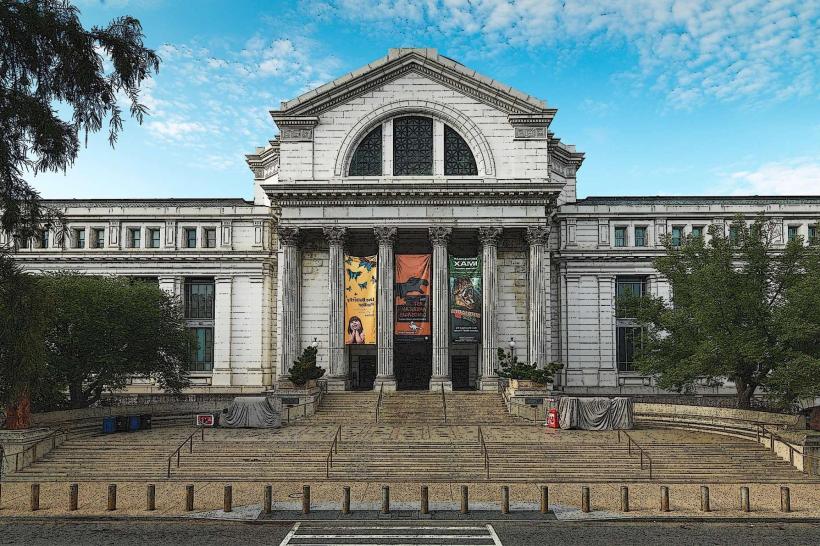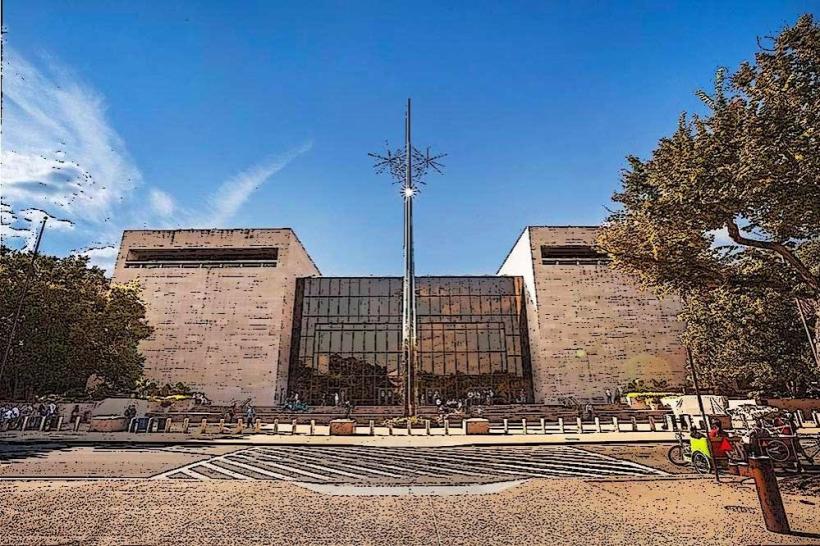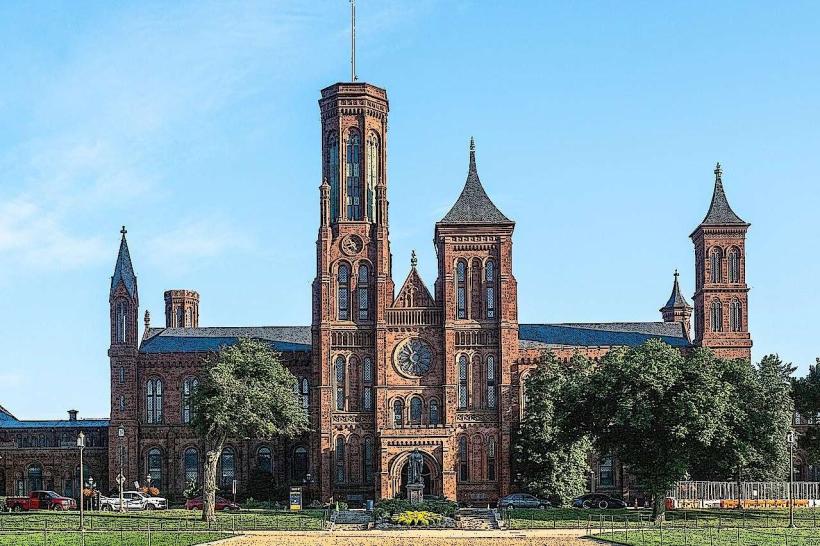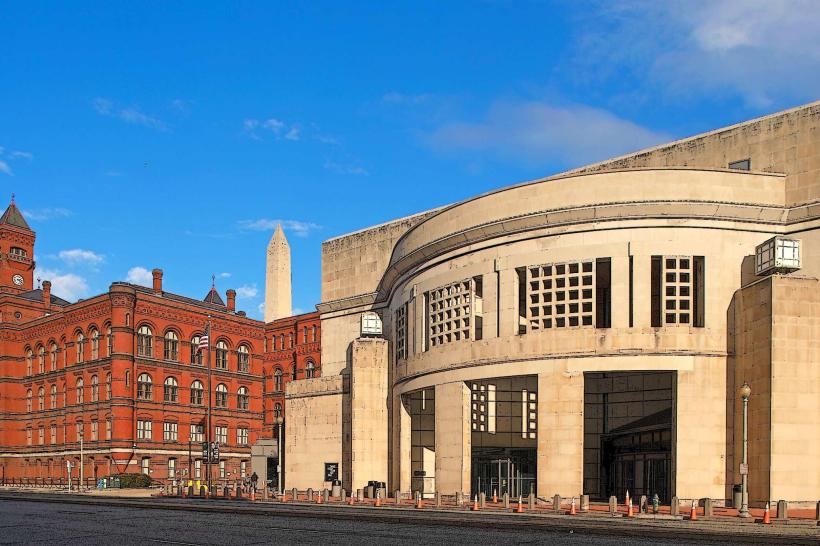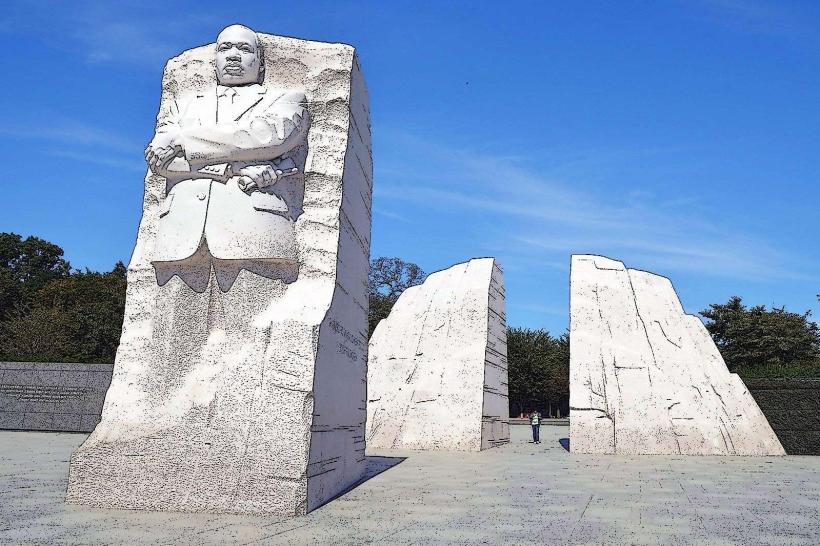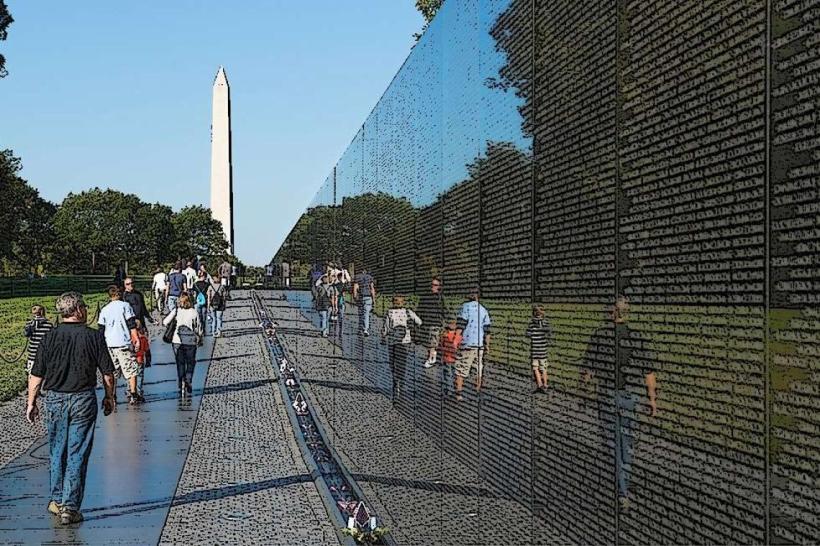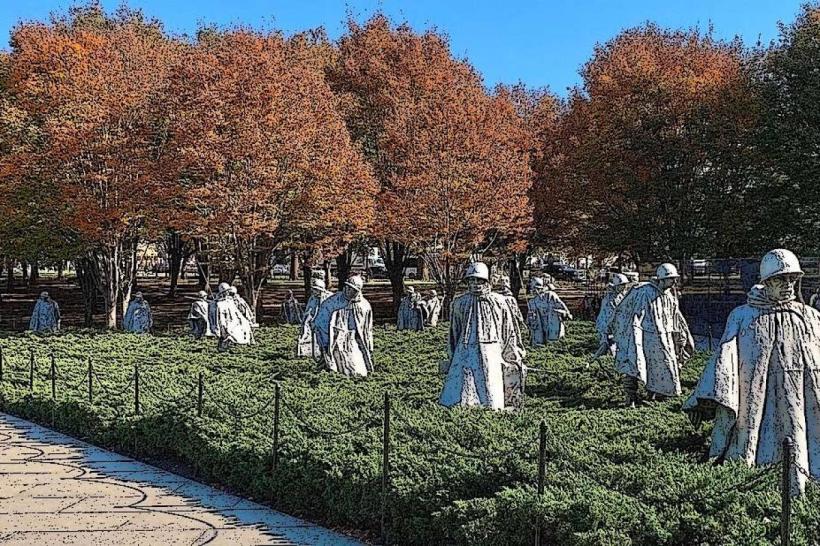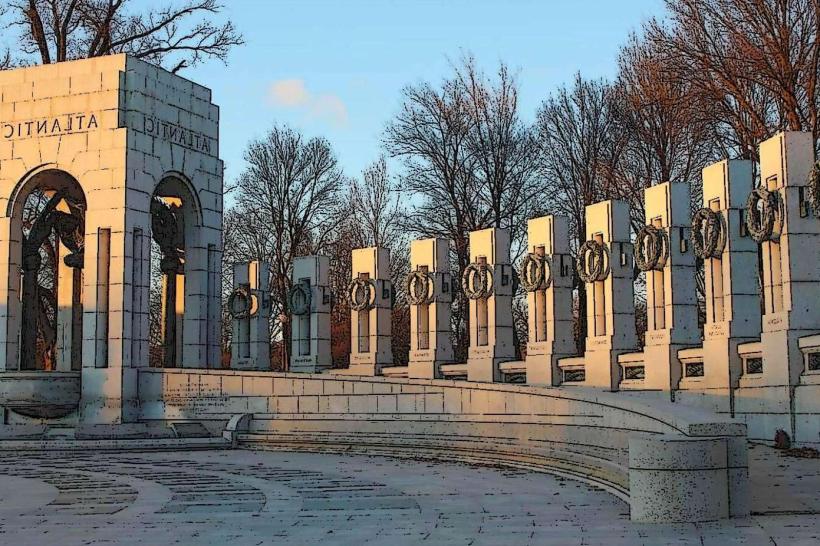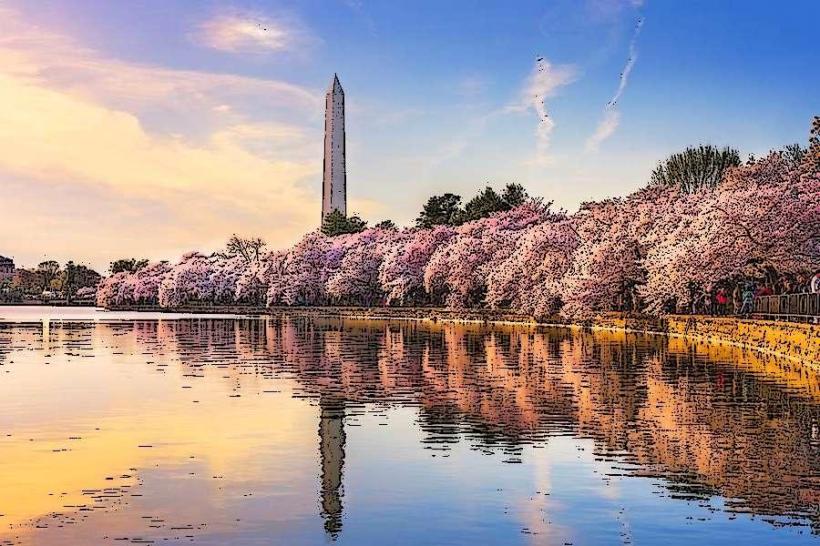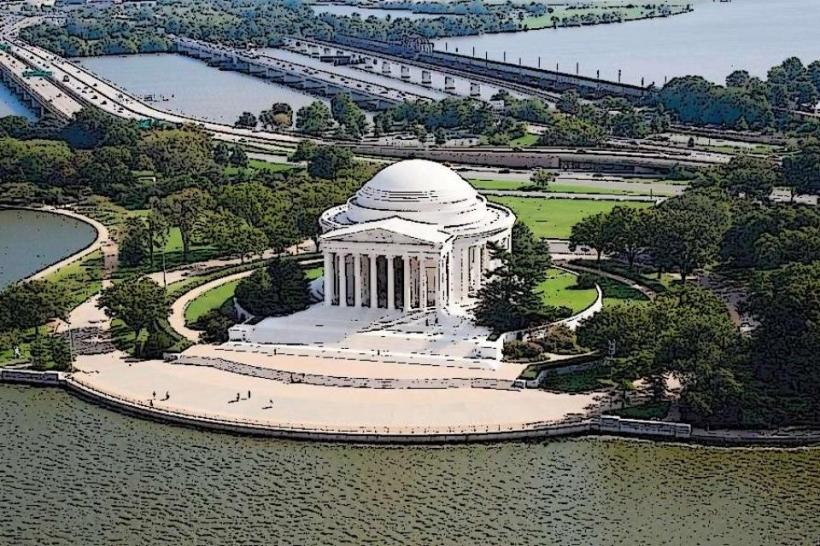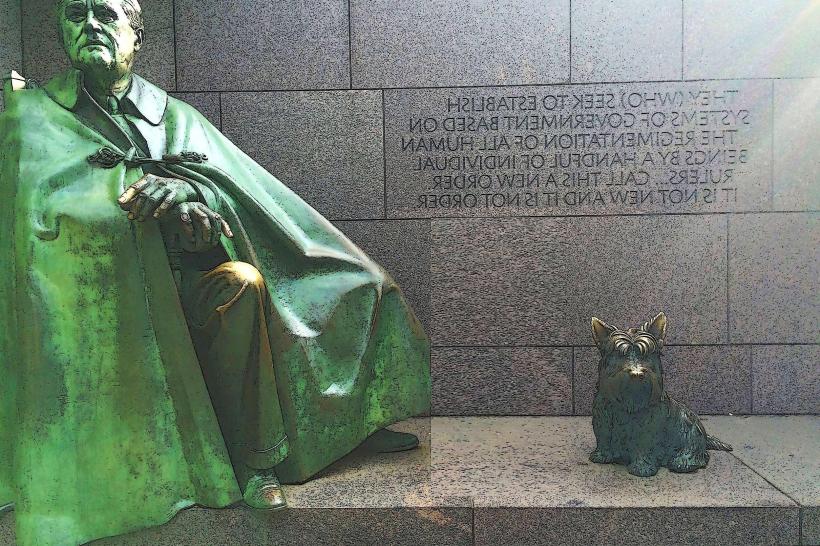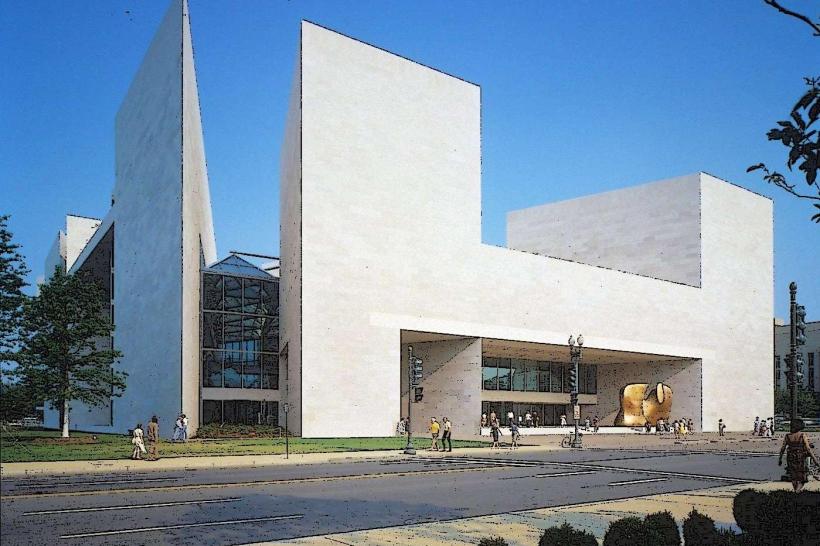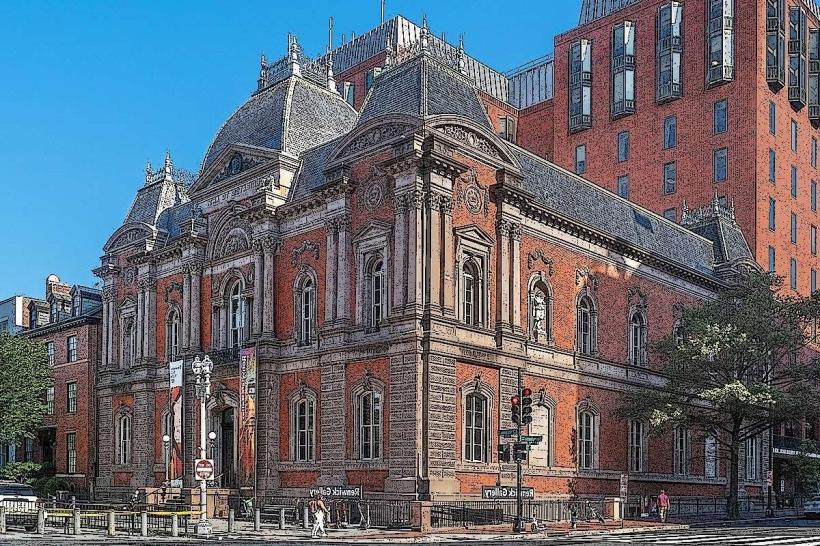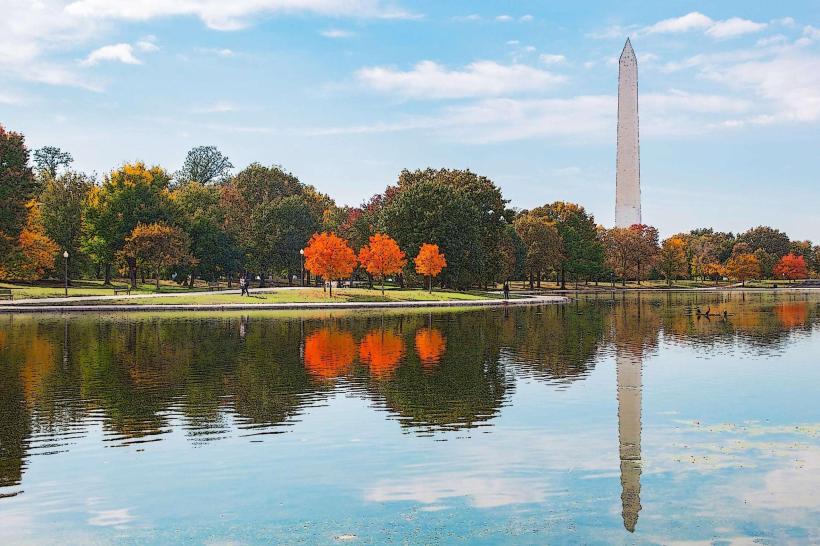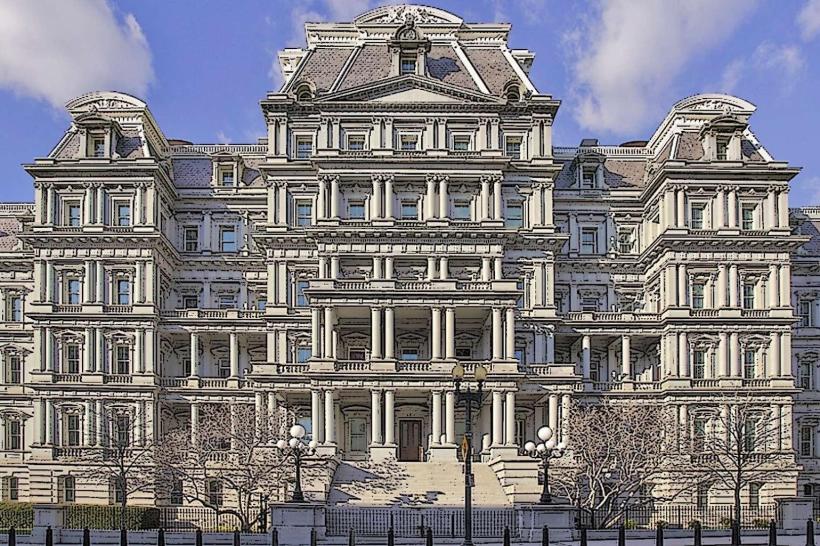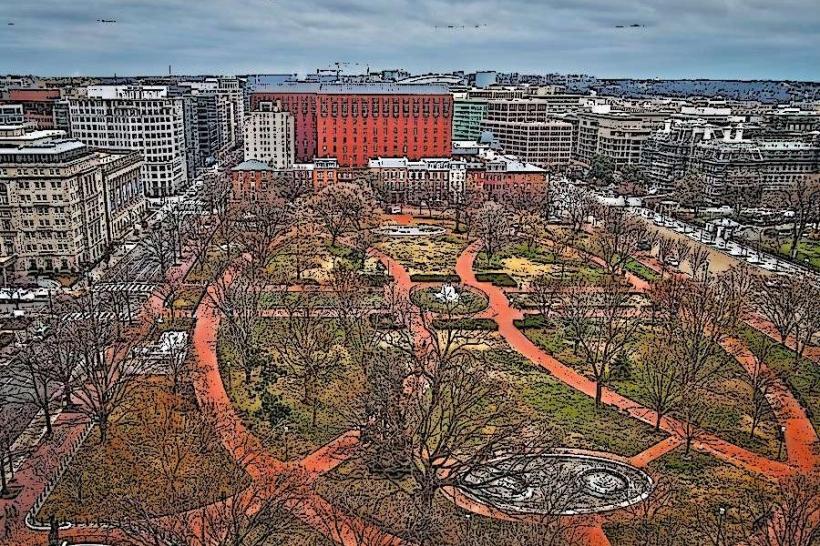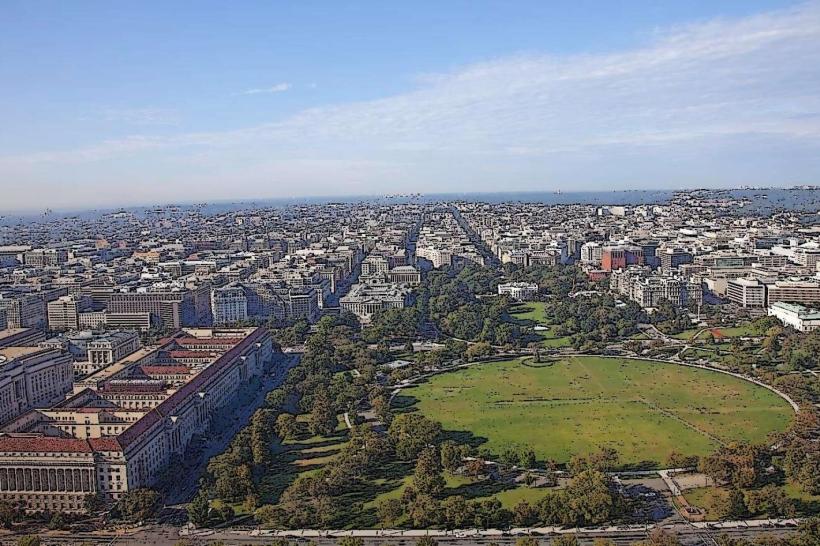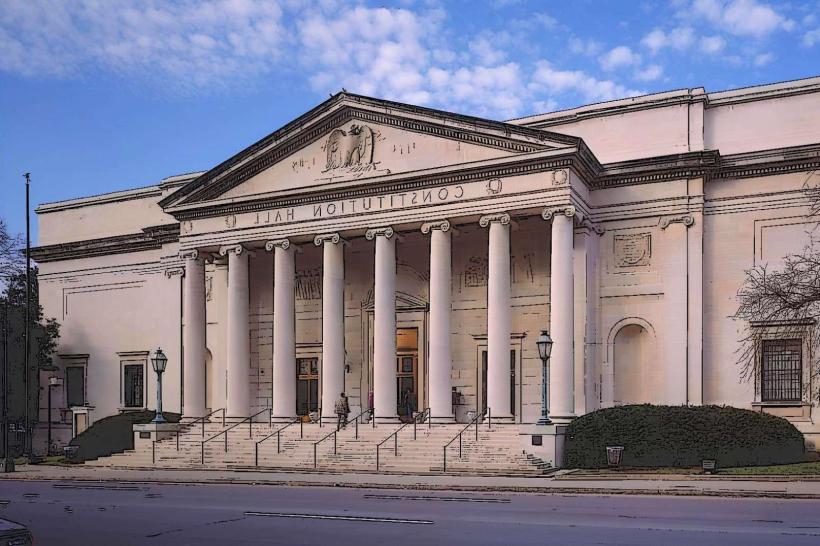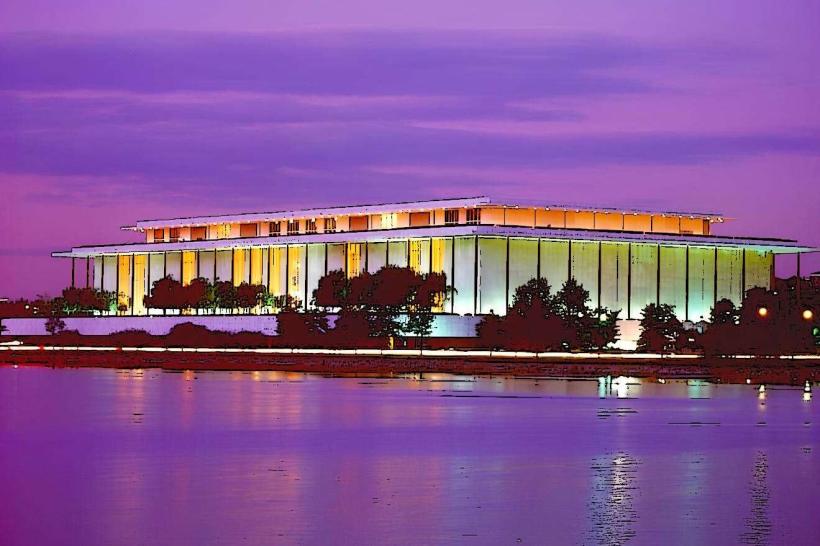Information
Landmark: 14th Street Historic DistrictCity: Northwest Washington
Country: USA Washington DC
Continent: North America
14th Street Historic District, Northwest Washington, USA Washington DC, North America
The 14th Street Historic District in Washington, D.C., is a culturally and architecturally significant area that stretches along 14th Street NW, primarily between P Street NW to the south and S Street NW to the north. This district, part of the larger Logan Circle-Shaw Neighborhood complex, has evolved into one of the city’s most dynamic corridors, known for its rich history, diverse architecture, and vibrant commercial and cultural life.
Historical Context
The 14th Street corridor developed rapidly in the late 19th and early 20th centuries as a thriving commercial and residential area. Originally serving a predominantly middle-class population, it was a bustling urban street with shops, theaters, restaurants, and residences.
During the mid-20th century, 14th Street, like many urban corridors in Washington, experienced economic decline and social challenges following suburbanization and the civil unrest of the 1960s. However, since the late 1990s and early 2000s, the area has undergone a remarkable renaissance, becoming a popular destination for dining, nightlife, arts, and retail, while retaining much of its historic charm.
Architectural Features
The 14th Street Historic District is notable for its well-preserved late 19th- and early 20th-century architecture, which includes a mix of:
Victorian-era rowhouses: Often featuring brick facades, decorative cornices, and intricate masonry.
Early commercial buildings: These two- to four-story brick structures once housed retail shops, theaters, and offices, many of which have been adaptively reused as restaurants, galleries, and boutiques.
Art Deco and early 20th-century commercial styles: Some buildings reflect design trends from the 1920s and 1930s, contributing to the district’s architectural diversity.
The district’s buildings collectively illustrate the evolution of urban commercial and residential design in Washington, reflecting the city’s growth and changing demographics.
Cultural and Commercial Revitalization
Today, 14th Street NW is a vibrant corridor celebrated for its eclectic mix of businesses and cultural venues:
Dining and Nightlife: The street has become a culinary hotspot, featuring a wide range of restaurants, from upscale modern American eateries to ethnic food establishments and casual cafes. Popular bars and music venues contribute to a lively nightlife scene.
Arts and Community: Galleries, performance spaces, and creative studios are woven into the fabric of the district, fostering an artistic atmosphere. The area hosts community events, art walks, and festivals that attract diverse crowds.
Retail and Services: Trendy boutiques, specialty shops, and service businesses cater to a growing residential population and visitors, adding to the district’s economic vitality.
Preservation and Development
The historic designation of the 14th Street corridor helps protect its architectural integrity while encouraging sensitive development. Efforts by local preservation groups and the D.C. Historic Preservation Office ensure that new projects respect the scale, style, and character of existing structures.
Development along 14th Street balances restoration of historic buildings with new construction that complements the neighborhood’s urban character. This has led to a blend of old and new, preserving the street’s authentic feel while accommodating contemporary urban lifestyles.
Location and Accessibility
The 14th Street Historic District benefits from a central location close to downtown Washington, D.C., and adjacent neighborhoods such as Logan Circle, Shaw, and U Street. It is easily accessible by public transit, with nearby Metro stations including McPherson Square (Orange/Blue/Silver Lines) and U Street/African American Civil War Memorial/Cardozo (Green/Yellow Lines), along with numerous bus routes.
The district’s walkability and bike-friendly streets enhance its appeal for residents, workers, and visitors alike.
Summary
The 14th Street Historic District represents a successful example of urban revitalization rooted in historic preservation. Its rich architectural heritage, combined with a thriving commercial and cultural scene, makes it a vital artery within Washington, D.C. The district’s evolution from a historic residential and commercial corridor to a modern, dynamic neighborhood hub illustrates the city’s broader efforts to celebrate its past while embracing future growth and diversity.

